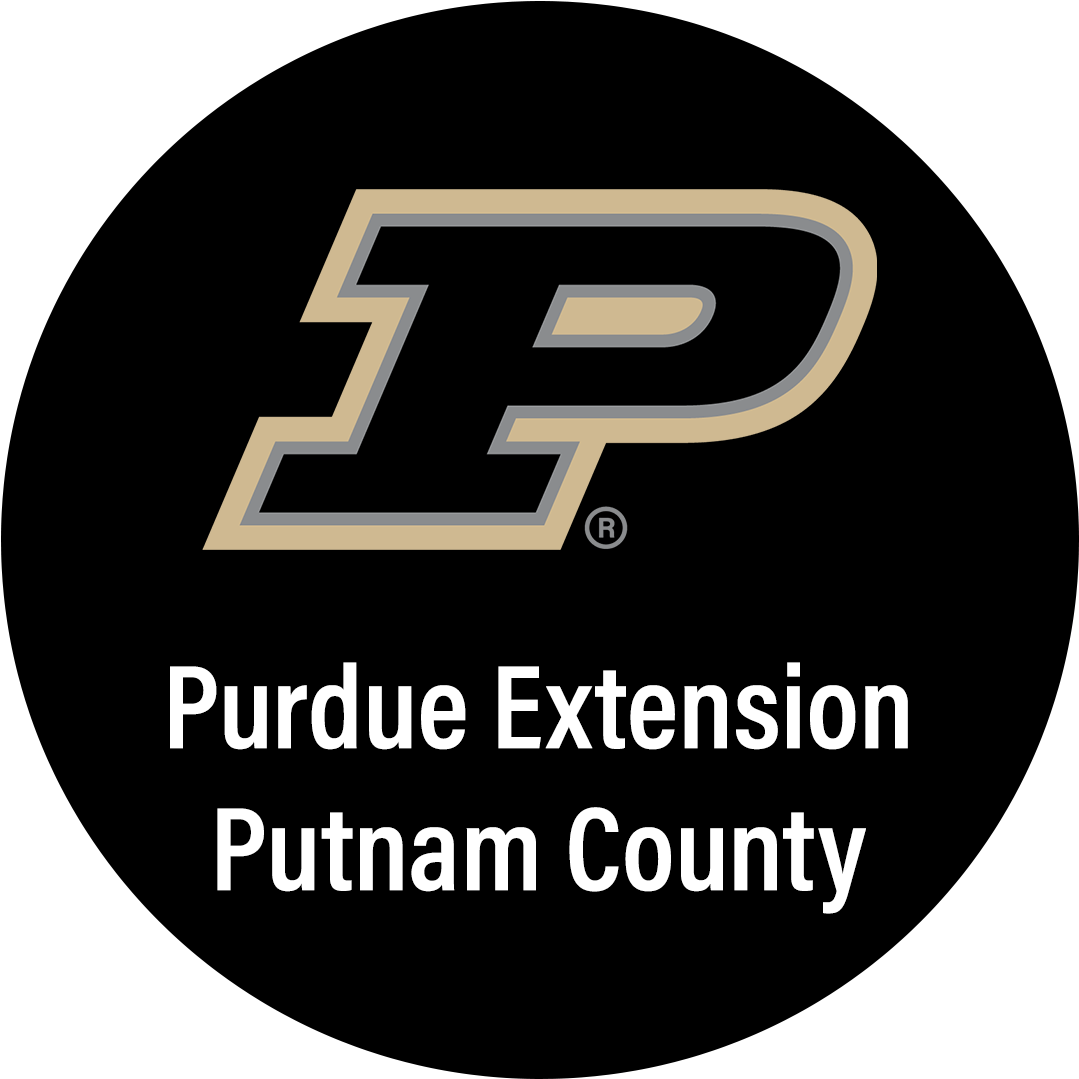People rarely talk about the foods they toss out, yet the topic of food waste is getting a lot more attention these days.
It’s been estimated that Americans throw away billions of pounds of food each year either at home or when eating out. And that amount doesn’t even include the food that goes uneaten at the grocery store or the crops that are left in farmers’ fields.
Not all food that is wasted can be saved and eaten, but it’s been proven that a lot of food waste could be prevented, especially at home.
A good place to start is right in your own kitchen. Here are a few tips that will help.
Plan Meals Based on the Foods You Already Have on Hand
- Look in the refrigerator, freezer and pantry for foods that need to be used up.
- Write a list of the ingredients you still need.
- Buy only the amount of perishable foods that can be eaten or frozen within a few days. This is especially true for foods, like fresh fruits, vegetables, meats, dairy products and seafood.
Get Creative with Leftovers
Transform meals into soups, salads or sandwiches by cutting up leftover veggies and cooked meats.
- Use as a topping for salads or cooked grains like rice or pasta.
- Wrap in a tortilla or stuff into a pita for a satisfying sandwich.
- Combine to make soup, then enjoy or freeze for future use.
- Eat as a leftover meal later in the week.
- Or simply brown bag the leftovers for lunch.
Master the Shelf Life of Foods
Many foods and drinks purchased at the grocery store include a date, which indicates when it should be used or sold by. Because these dates refer to the product’s quality, it doesn’t necessarily mean they should be thrown out.
- “Use by”, “Best by” and “Best Before” dates are found on foods, such as mustard, salad dressing and ketchup. These products usually don’t need to be refrigerated until opened. In many cases, they are safe to eat beyond the date as long as they have been stored properly.
- “Sell by” dates are displayed on perishable foods, such as meats and dairy products. It’s possible these foods may be used a few days after that date, as long as they were stored at a safe temperature.
Source: Eat Right, Academy of Nutrition and Dietetics
Visit our homepage at www.extension.purdue.edu/putnam or you can contact the local office by calling 765.653.8411 for more information regarding this week’s column topic or to RSVP for upcoming events. Office hours are Monday thru Friday from 8:00am-12:00pm and 1:00pm-4:00pm. Evening and lunch appointments are available, upon request. It is always best to call first to assure items are ready when you arrive and to RSVP for programs. While many publications are free, some do have a fee. All times listed are Eastern Time. Purdue University is an equal access/equal opportunity/affirmative action institution.
Upcoming Events
March 11 –Ag Day Breakfast & Mini Farm Fest, 8-12pm, Fairgrounds
March 14 – The Legal Side of Agriculture, 6:30pm, Ivy Tech, $20, register at https://tinyurl.com/AgLaw23
March 18 – Garden Fair, 9am-3pm, Fairgrounds
April 4 – Exploring 4-H, 6pm, Putnam County Fairgrounds
April 18 – Basics of Home Food Preservation (Freezing and Dehydrating), 6pm, Hendricks Co. Fairgrounds, register at 317-745-2555 ext. 3







